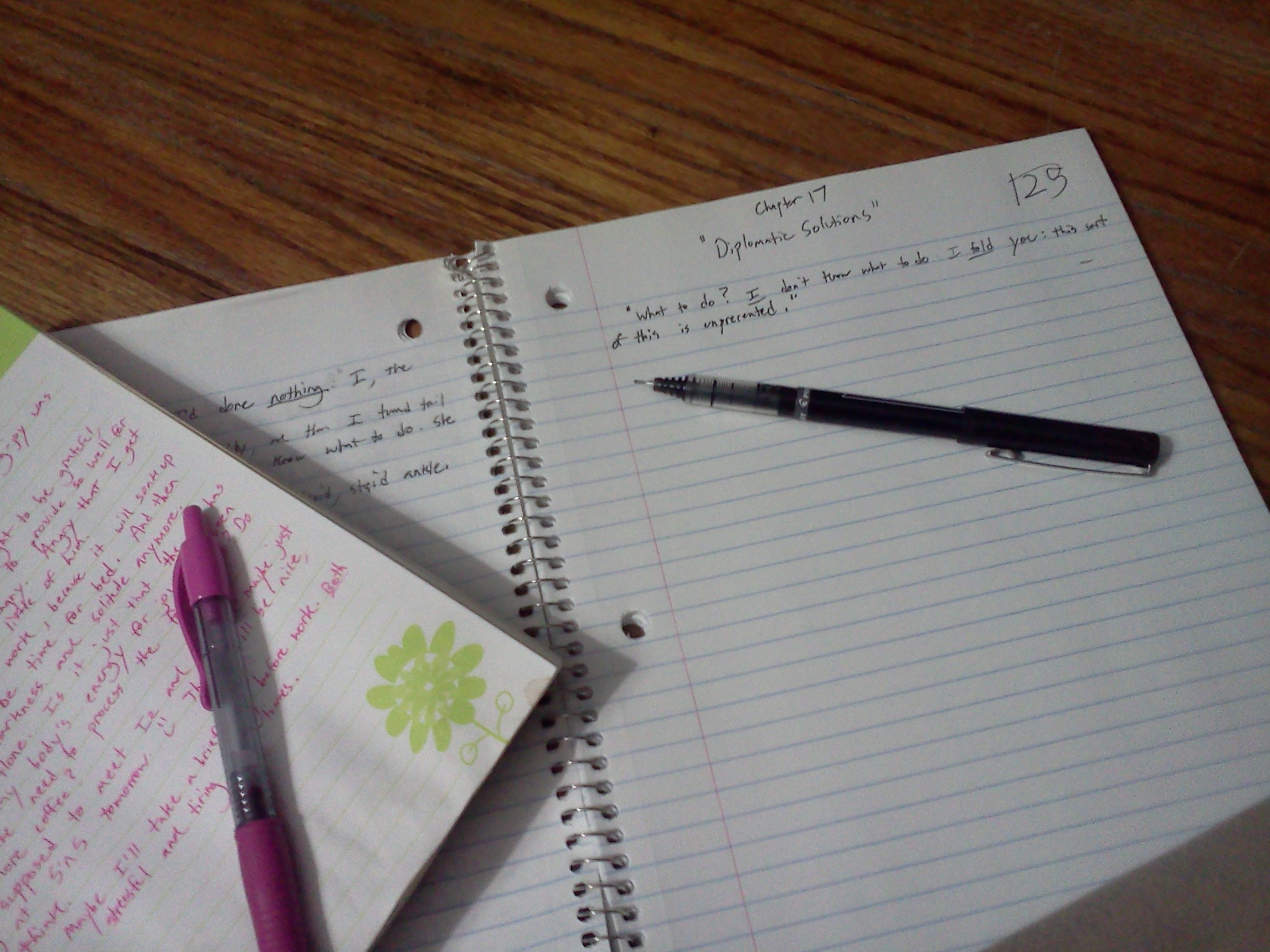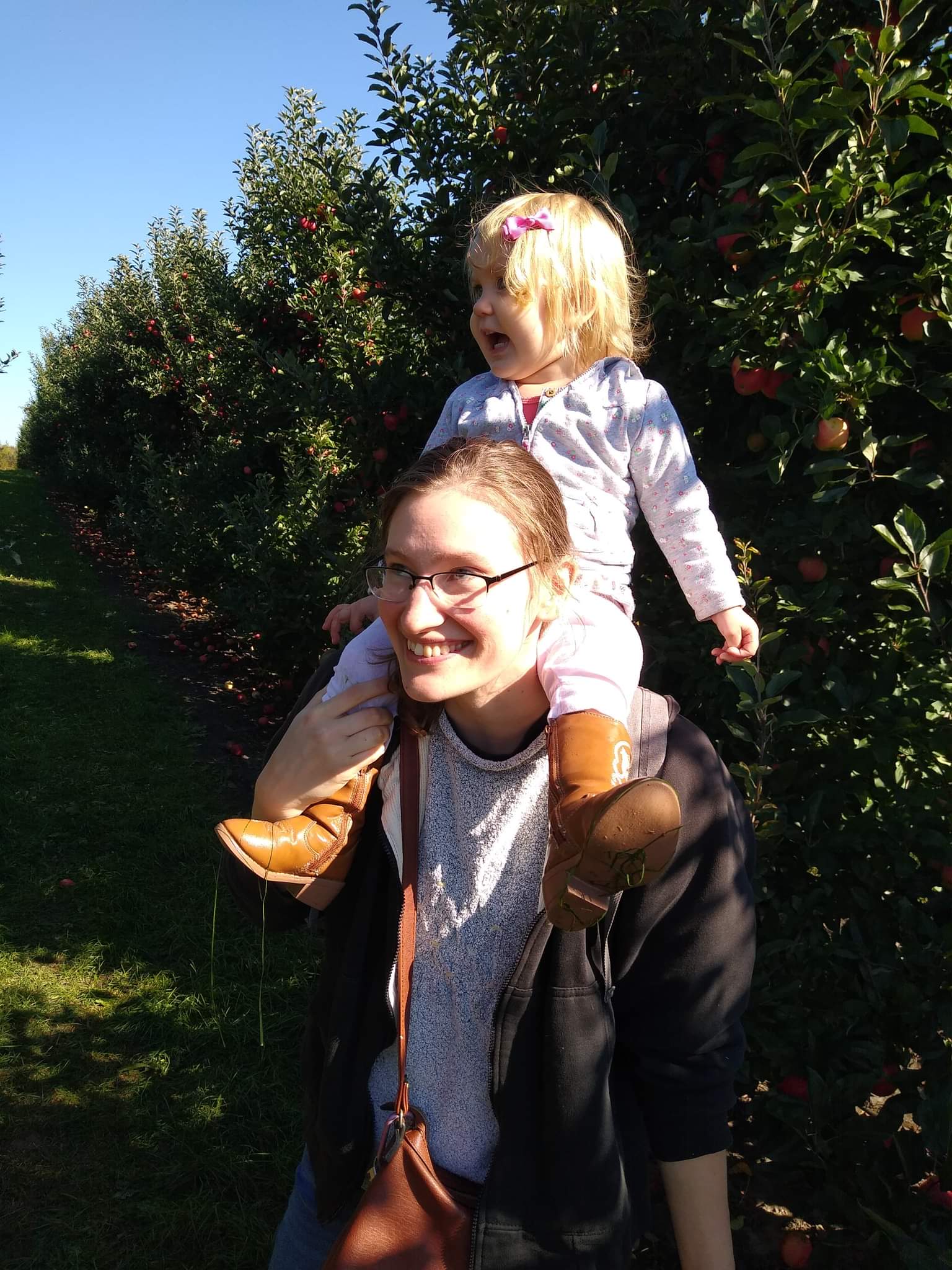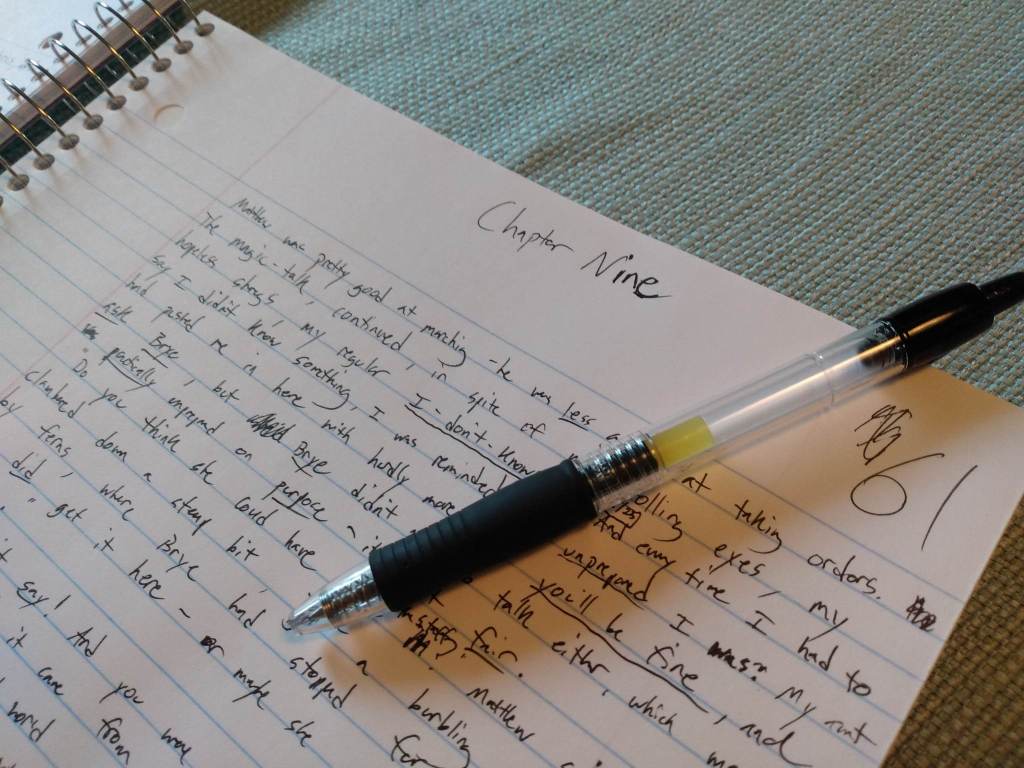I used to be afraid of nighttime.
I don’t remember the dark being what bothered me (although there must have been a reason for year after year of nightlight): it was more the silence, the aloneness of being the only one awake in the middle of the dark. Today, adult me craves being alone with her thoughts while the whole world sleeps, but then me, little me, was terrified of those thoughts. Frightening visions, cruel voices – all of them alive in my head, and so loud at night.
What are you supposed to do, when the torment’s coming from your own mind? When there’s no one to escape but yourself?
My parents helped me work through a lot of this stuff, the way so many parents before them have helped so many children before me (with many different techniques), but the thing I remember best – used most, and still use today – is stories.
They read to me, when I couldn’t sleep. They told me I could read, if I woke up and couldn’t get back to sleep. The nightlight in my bedroom didn’t rescue me by itself, but it did light the path to escape. I’d crouch beside it, careful not to wake my sisters, and I’d open a book, angle the page to catch the dim glow, and read myself into another place.

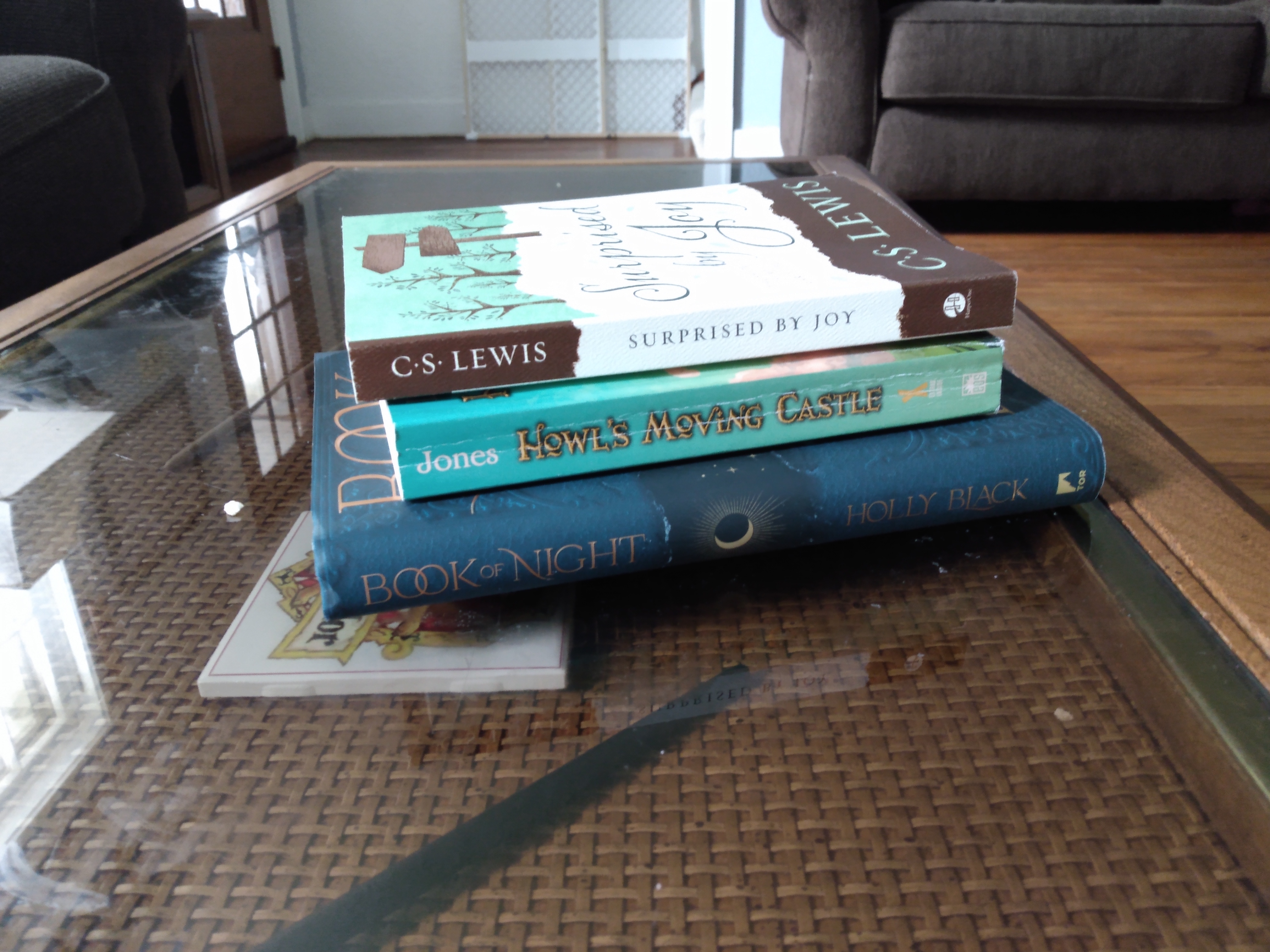
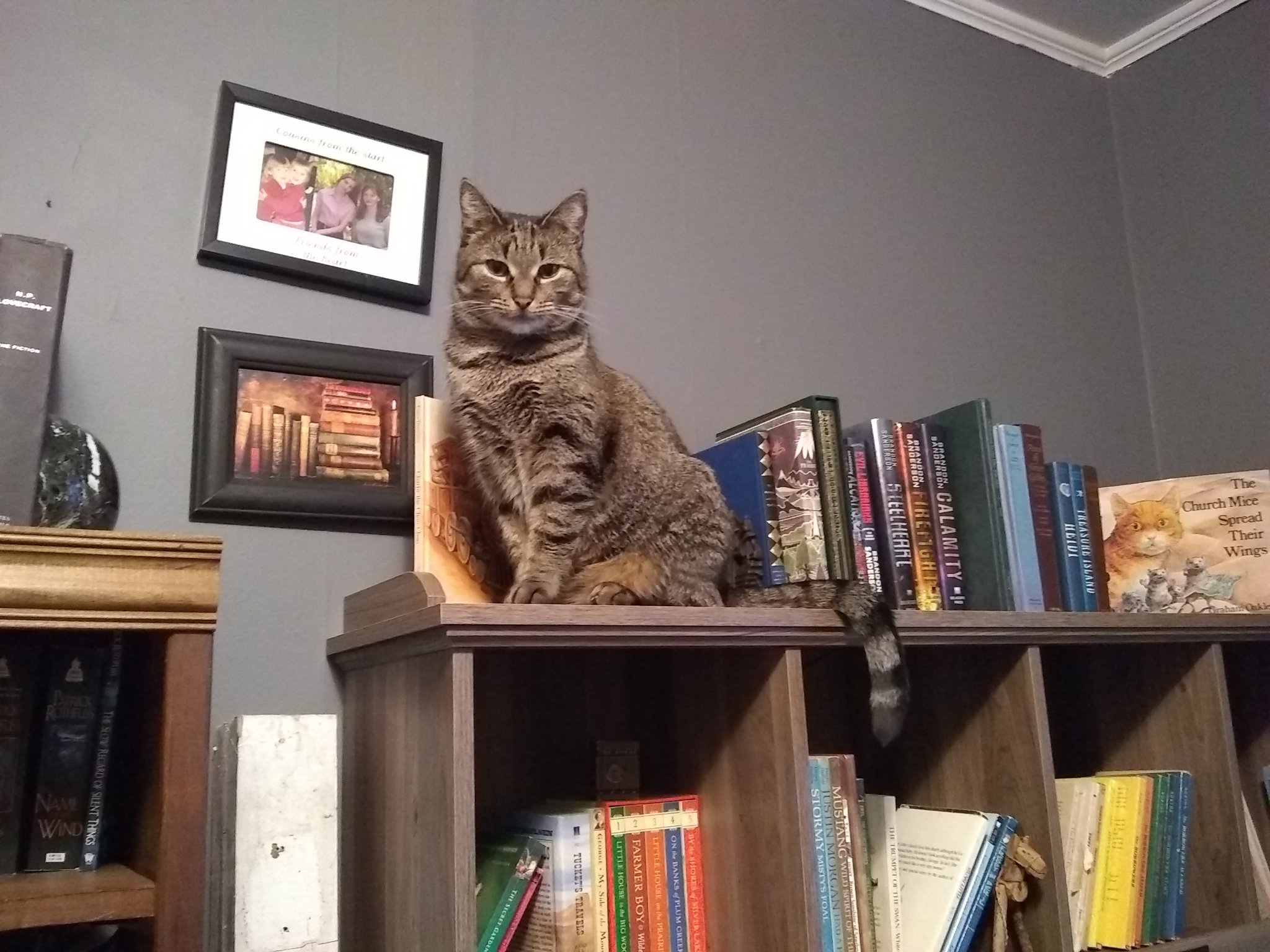


My parents told me I could write, too: it began a learning process that taught me to make stories myself. The visions in my head didn’t have to be frightening; the voices there didn’t have to be cruel. Maybe they were loud, but . . . could something else, something better, be even louder?
My daughter is afraid of nighttime. We’re doing our best to help her through it: she’s too young to try and hold back the dark herself. When she wakes up crying, I stagger into her room, blearily checking on her, reassuring her that we’re here, that she isn’t alone in the night.
Weeping, she points to the shelves, “Books?“
I settle on the floor beside her bed, angle a page of storybook to catch the glow from her nightlight, and I read to her. Because stories hold back the dark. That’s what they’re for. That’s why I write. Even after all this time, I’m still not big enough to go through the night alone, but . . . I do have stories.
And now she’ll have them too.








